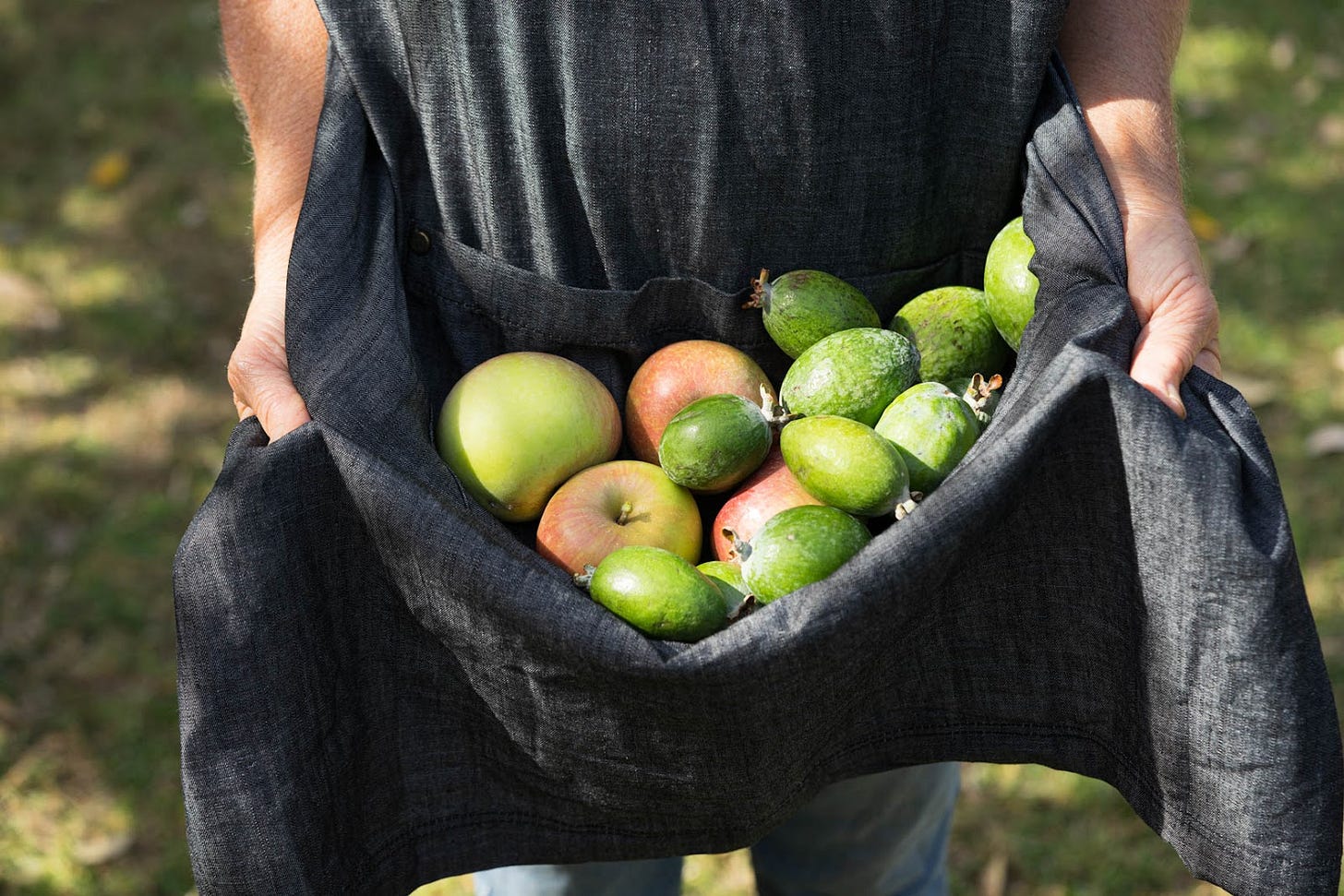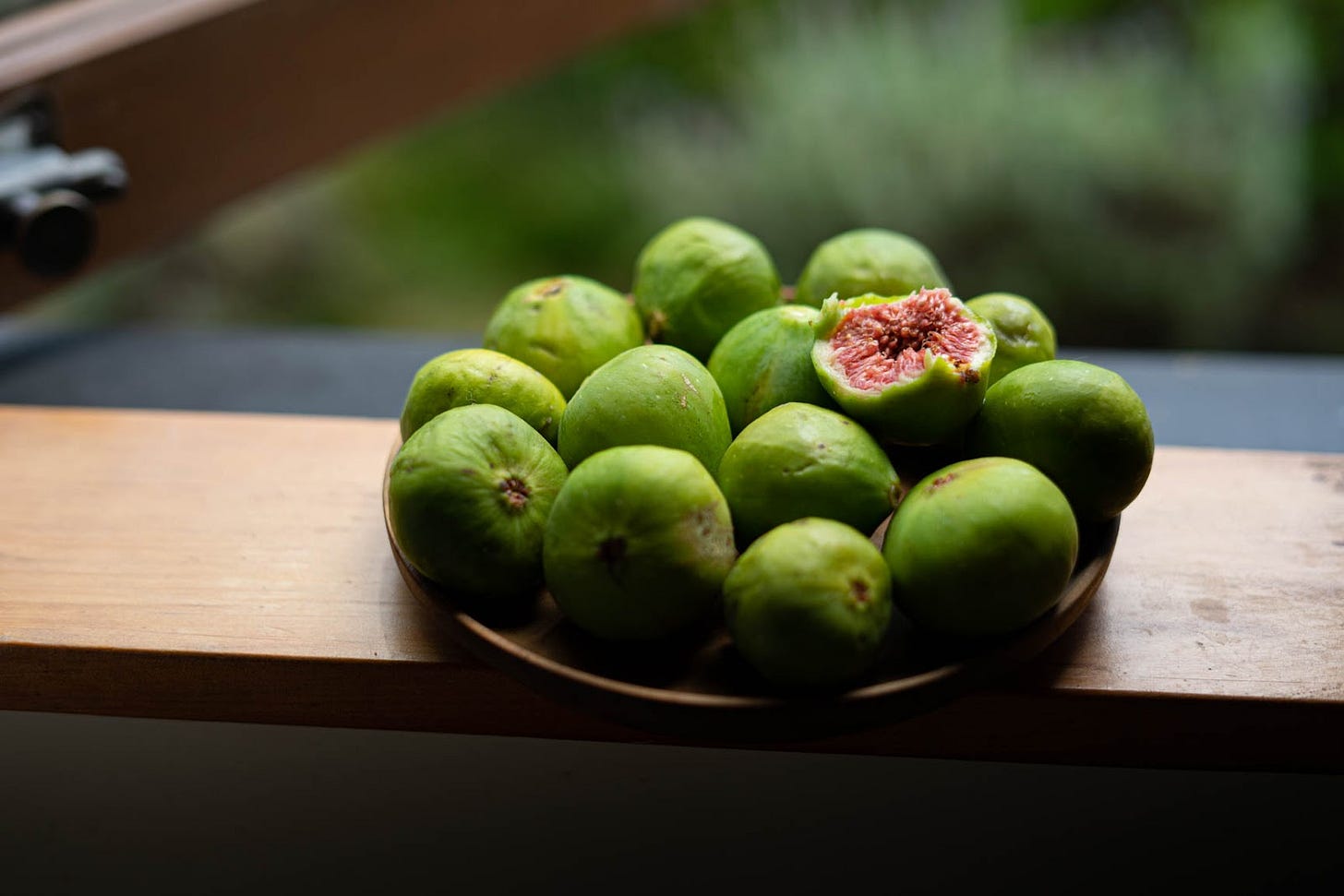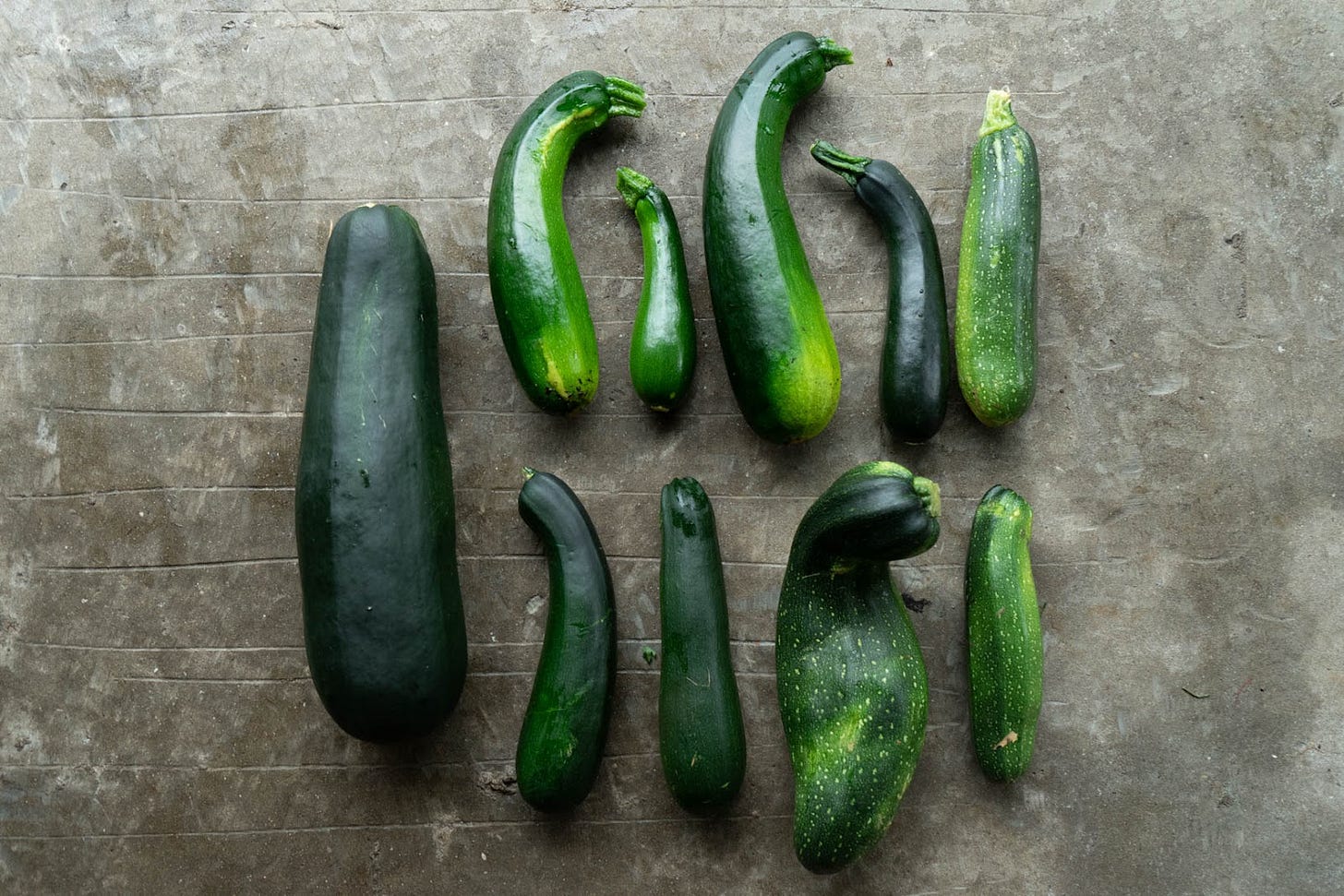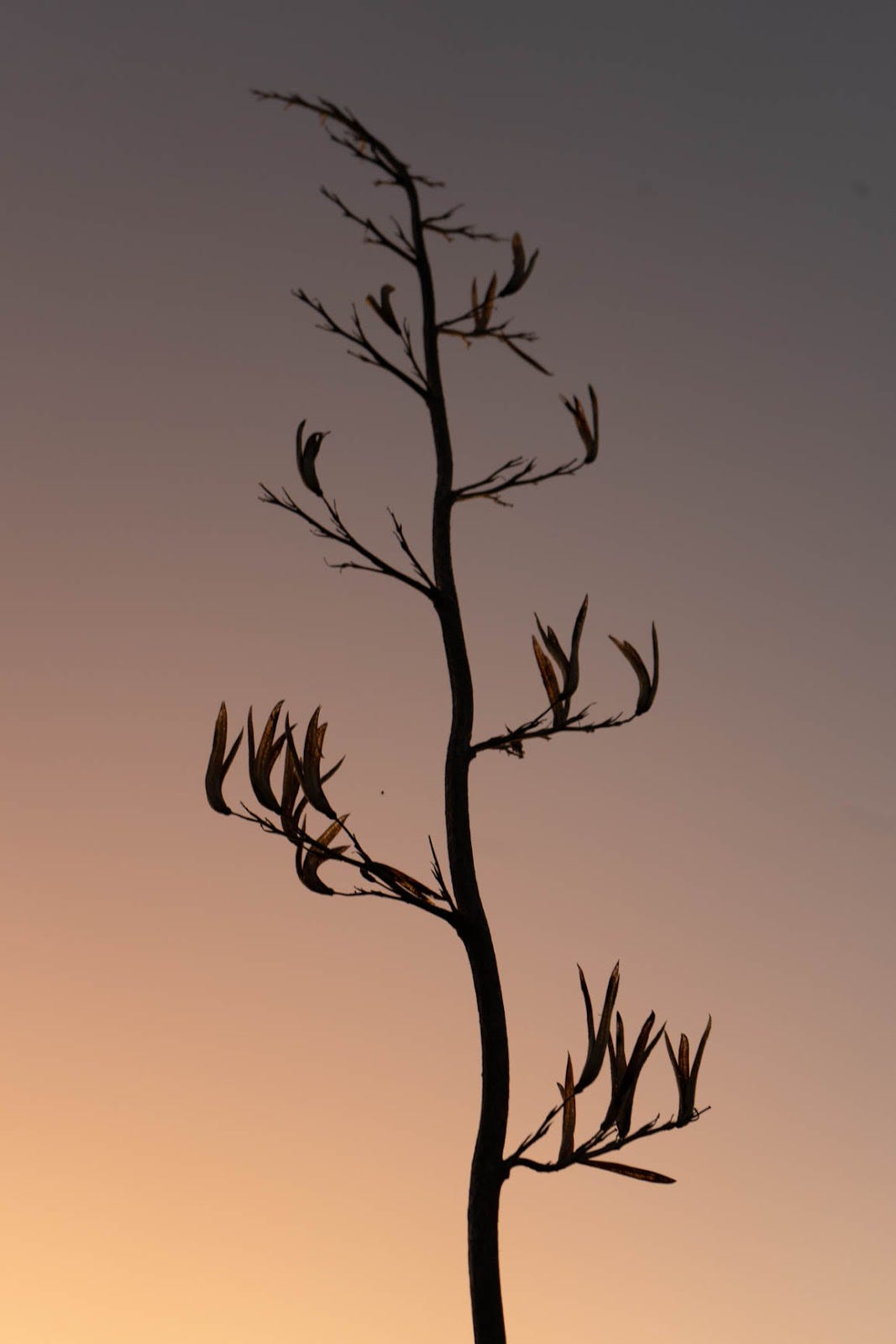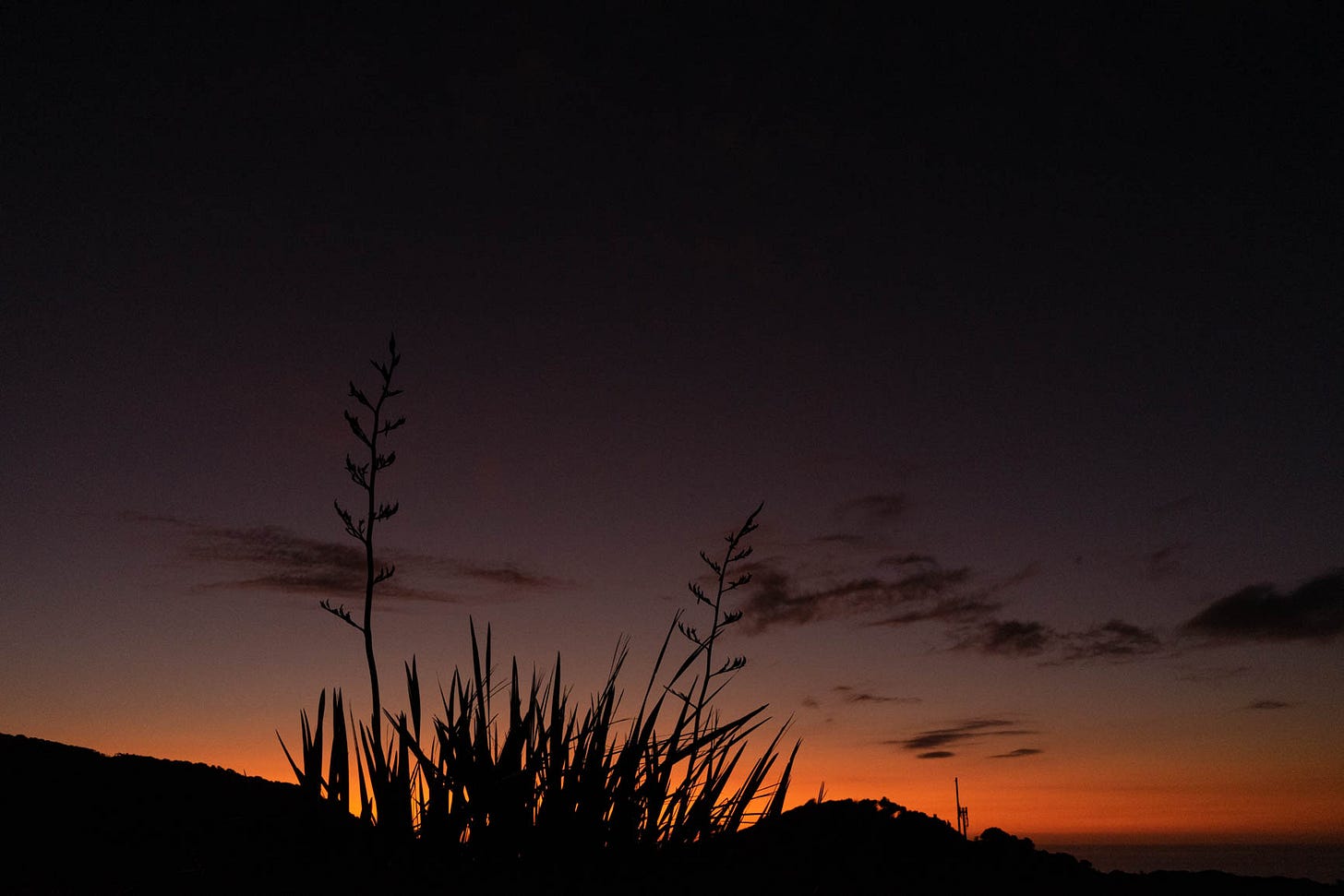Harvest: Way Back to Hope & A Feijoa Shrub
#EatNZKaitaki Sophie Merkens is a Piha-based writer/photographer. To her, harvesting is effervescent happiness! She opens up about the impact on her local community & shares a feijoa recipe you need!
Is there anything more deliciously hopeful than a bountiful harvest?
When I think of harvest these words come to mind: lush, bounty, seasons, fresh, health, confusion, priviledge, birthright, climate change, land, connection, food, deep gratitude, joy, community.
It has become a privilege to grow your own food, to harvest one's own meals. Why a privilege? In order to grow and harvest you must have land, space, resources, knowledge and time. What was once for many a birthright is now a privilege.
For myself, there’s nothing more grounding than working with the soil, foraging mushrooms in a forest, or collecting seaweed from rockpools. It boosts my mental health and fills me with joy. More than joy – effervescent happiness. As a foodie, that first spoonful of distinct feijoa pulp, the first taste of the beloved fruit in early autumn, picked from my mother’s garden, is soulful. Soul full. Perhaps we should step back from this busy world, to delight in the small but thrilling act of harvest.
RECIPE - Feijoa Shrub / Syrup:
2 cups prepared fruit (hulled feijoas)
2 cups sugar of choice
2 cups vinegar of choice (I use apple cider vinegar)
Vanilla bean, sliced lengthways, optional
Add all ingredients to a saucepan and bring to a gentle simmer. Take off the heat, cover, and leave overnight so the flavours infuse. Strain (reserving the fruit for delicious sour desserts or chutneys). Store the strained shrub in the fridge for up to five days, or bring to a gentle boil and add to hot sterilised jars to enjoy at a later date (your winter self will be beyond grateful for this).
Serve feijoa shrub over ice diluted with soda water, to taste. For a 10/10 cocktail, add gin (of course).
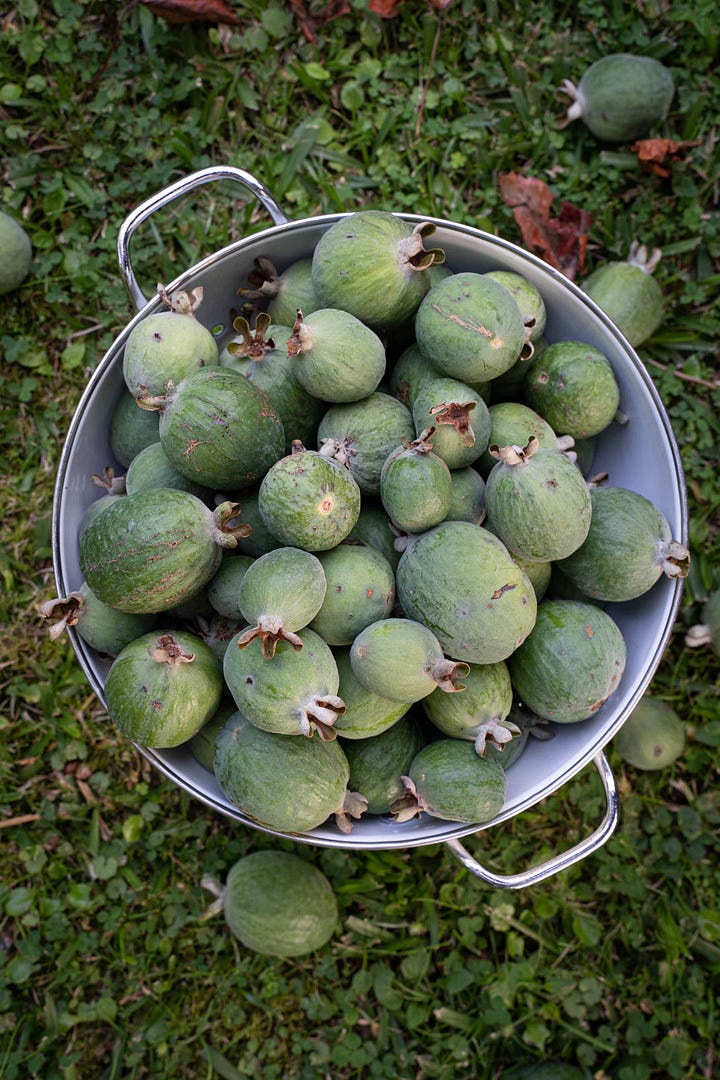

Hope in harvests. Stepping back, (re)connecting with the whenua, respecting the soil.
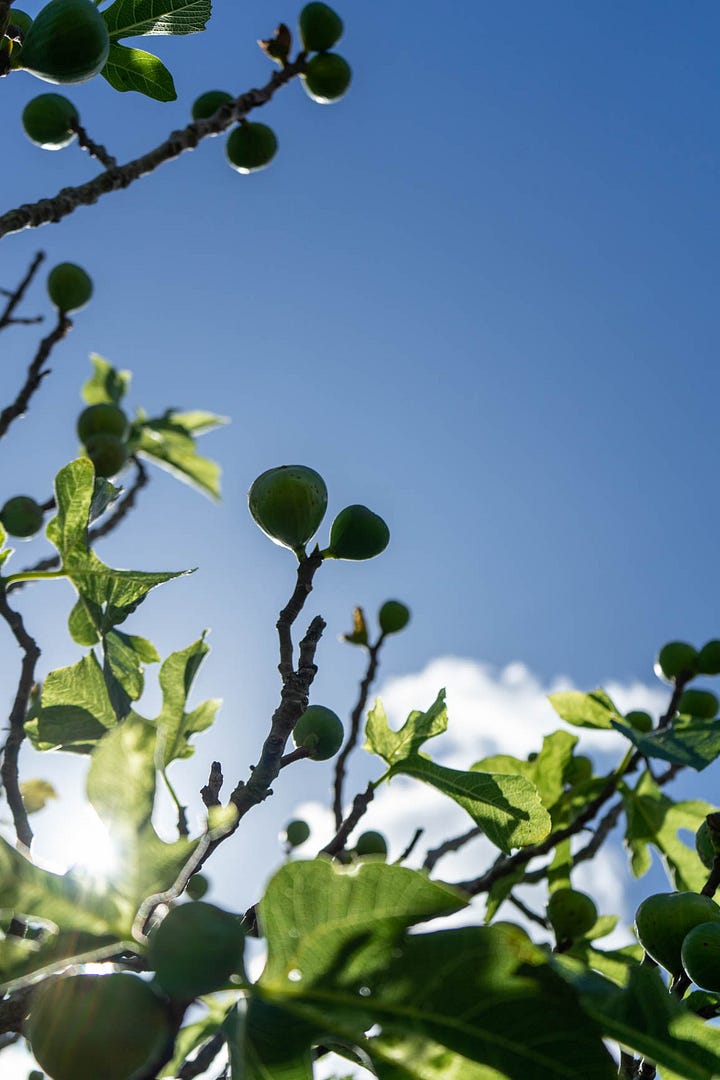
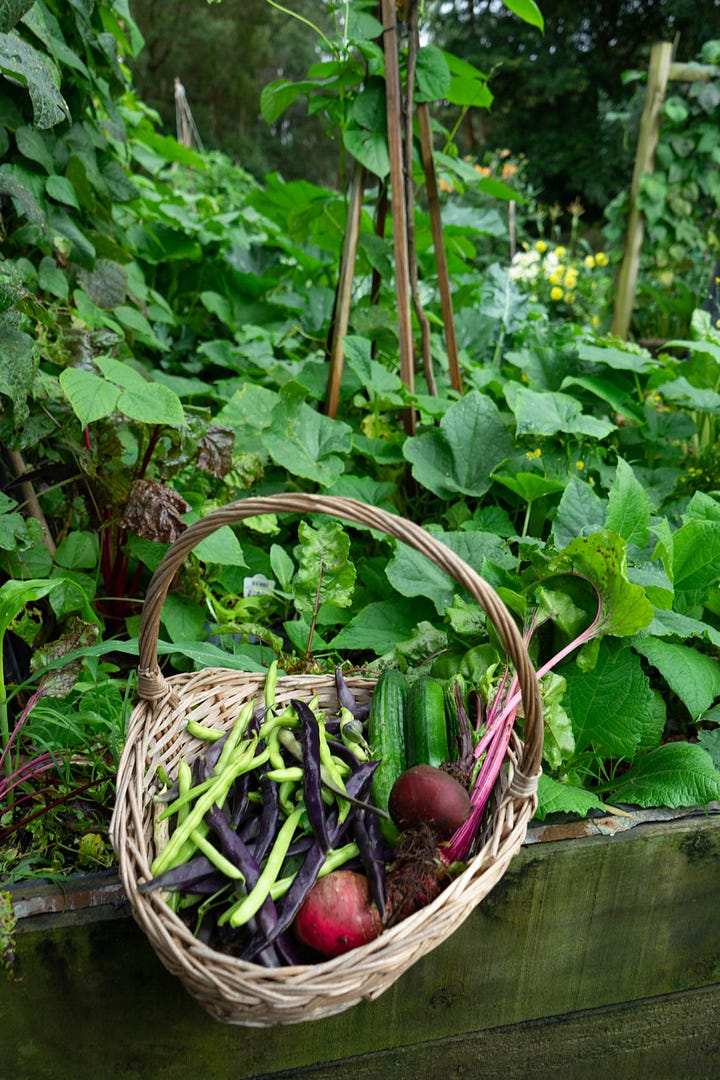
“My own inquiry into the grounds for hope has received two great reinforcements in recent years. One came from the recognition of how powerful are the altruistic, idealistic forces already at work in the world. Most of us would say, if asked, that we live in a capitalist society, but vast amounts of how we live our everyday lives – our interactions with and commitments to family lives, friendships, avocations, membership in social, spiritual and political organisations – are in essence noncapitalist or even anticapitalist, made up of things we do for free, out of love and on principle.” – Rebecca Solnit
With the advance of climate change, it’s wildly optimistic to be hopeful, yet it’s needed more than ever. Hope in action. Hope in community. Hope in coming together to harvest, to connect, to believe in a bright future.
As I write this, acknowledging the reality of Aotearoa today – less than eight weeks since the flooding and cyclone Gabrielle forever changed many of our communities – my appreciation and need for harvest is amplified. In times of uncertainty and adversity, my gratitude for harvest runs deep. Living in Piha, a tiny surf town on the west coast of Tāmaki Makaurau Auckland, I’ve witnessed the impact of climate change, the loss of harvest, and the aching need for hope. The local permaculture hub and food forest are temporarily down. The cyclone combined with a ferocious landslide through the valley means they’re hibernating, licking their wounds, assessing and tackling damage, making a new sturdy plan. It’s not just harvests that are lost – it’s also the meeting place, the shared community, the conversations, the connection.
Harvest also makes me think of food security, seed security, and the future of the whenua. In darling Piha, there’s talk of collecting local native seeds, coming together as a community and making Seed Bombs to hurl onto unstable land, slips and landslides. (Seed Bombs are handmade rounds of mud packed with seeds, ready to germinate when it rains). This community action is a grass-roots act of hope and togetherness, of future harvests.
Words and photo by Sophie Merkens @sophiemerkens, she’s also the author of GROW - a series of stories and photos about Wāhine finding connection through food across Aotearoa. You can order a signed copy here.







